
For #WomensHistoryMonth we are highlighting three women scientists from across our three research units by sharing their stories in their own words. Next up is Katherine Romanak, an environmental geochemist at the @GulfCoastCarbon at the @Bureau3E . 🧵 1/20 

My name is Katherine Romanak and I am a research scientist at the @UTAustin Bureau of Economic Geology. I am an environmental geochemist and work in carbon capture and storage (CCS), a technology for reducing greenhouse gas emissions in the atmosphere. 2/20 

In CCS, carbon dioxide (CO2) is captured at the smokestack of large industrial facilities before being emitted into the atmosphere. It is then compressed into a liquid and injected deep into the Earth for permanent disposal in deep geologic formations. 3/20 
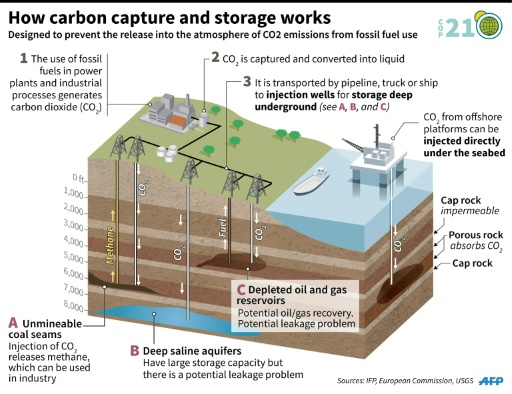
I develop environmental monitoring plans for these geological CO2 storage sites, which are cost-effective, accurate ways of making sure that the CO2 is not leaking to the surface where it could impact underground sources of drinking water or the biosphere. 4/20 
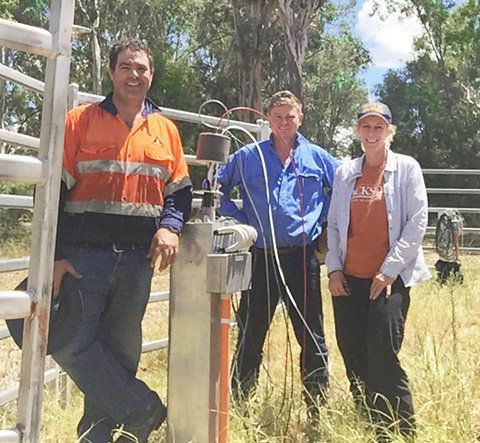
My research is important because it is enabling the deployment of CCS technology, which is a very important technology for reducing CO2 emissions and climate change. 5/20 
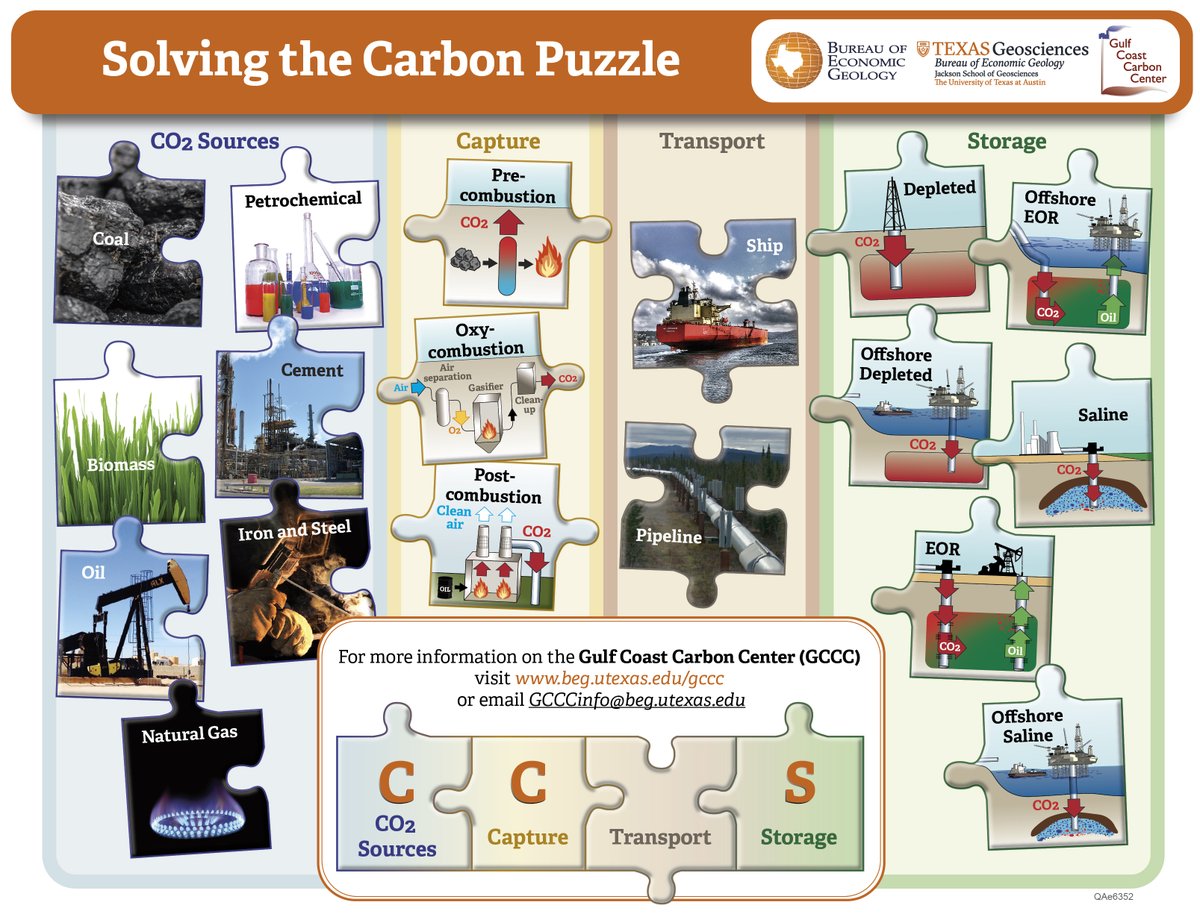
The @IEA says that we must upscale CCS by 2 orders of magnitude from where it is today by 2050 to make our Paris Agreement climate targets. That means storing 94 gigatons of CO2 between 2020 and 2050. We have currently stored 1 gigaton. 6/20 iea.org/reports/20-yea…
My research helps to deploy this technology! I develop scientific methods, inform global policy, and educate stakeholders on the safety and need for CCS. 7/20
I first became interested in science as a career when I was 13 years old. I read a geology textbook that talked about how mountains are formed and I was absolutely amazed that the Earth, which seems so stable and solid, was actually moving beneath our feet all the time! 8/20 
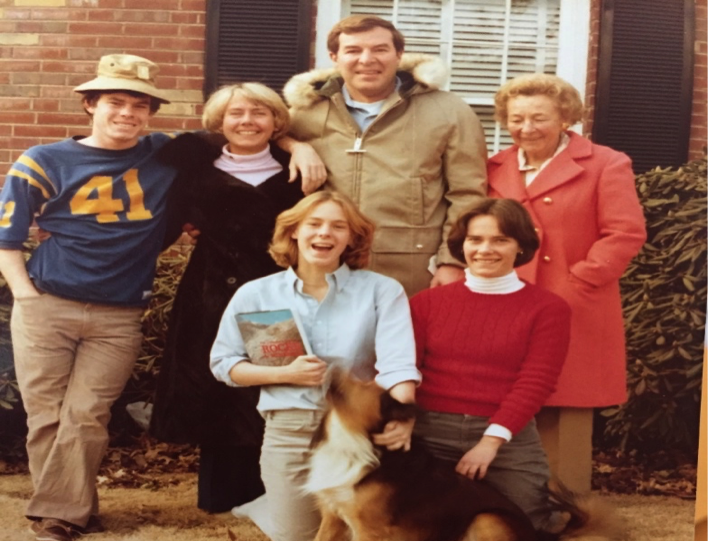
I went to my library and looked up what a geologist does.I saw a photo of a man on a mountain looking across the landscape with a scope and studying the Earth. Wow! I wanted to BE that!How lucky I was to know at a young age exactly what I wanted to be when I grew up. 9/20
I received my master’s degree in volcanology and subsequently, I went to work in Washington, DC, at the @smithsonian 's Global Volcanism Program. In this job I communicated with scientists around the world to disseminate information on worldwide volcanic activity. 10/20 
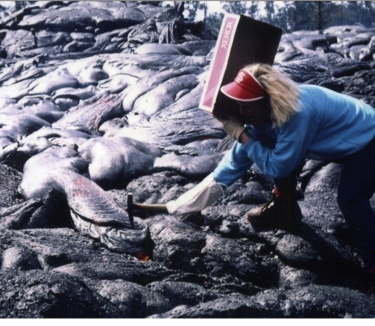
I quickly realized that I would rather be a scientist on top of the volcano rather than in the office taking reports so I left to get my PhD in volcanology – it was also when I got engaged to be married! 11/20 
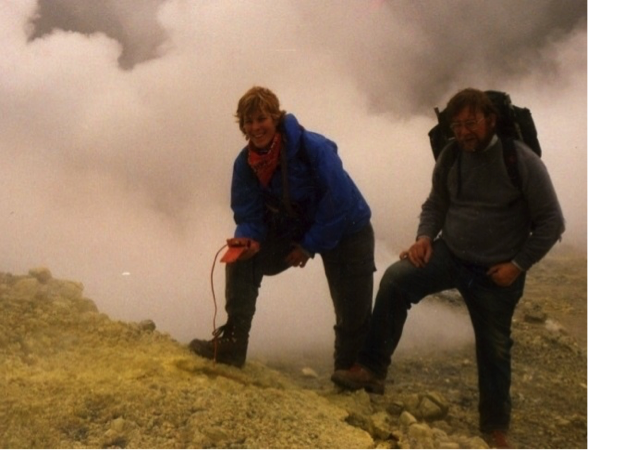
At that same time, three of my colleagues were killed in two separate volcanic eruptions. I realized that this work could be dangerous and that I did not want to take that risk, especially when I was thinking of starting a family. 12/20
It was a difficult transition, but I ended up getting my PhD in environmental geochemistry instead. I studied the geobiology of chemical cycling of nutrients in a wetland playa environment in West Texas. I had my second son two weeks before my graduation. 13/20 
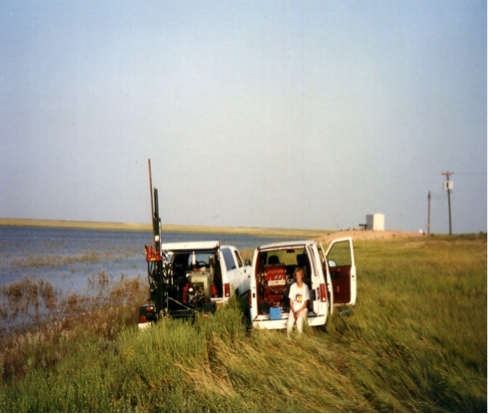
I then took 13 years to focus on my family. After raising my children, I decided to get back into my profession. 14/20 
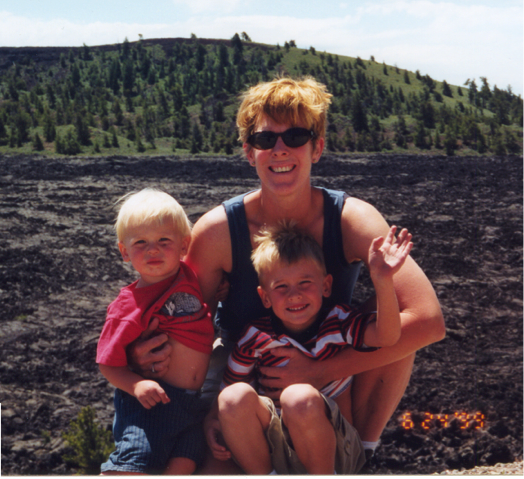
I landed my dream job at The University of Texas Bureau of Economic Geology where they were doing research in this thing called carbon capture and storage. They were looking for someone with my capabilities to develop environmental monitoring programs for soil CO2. 15/20 
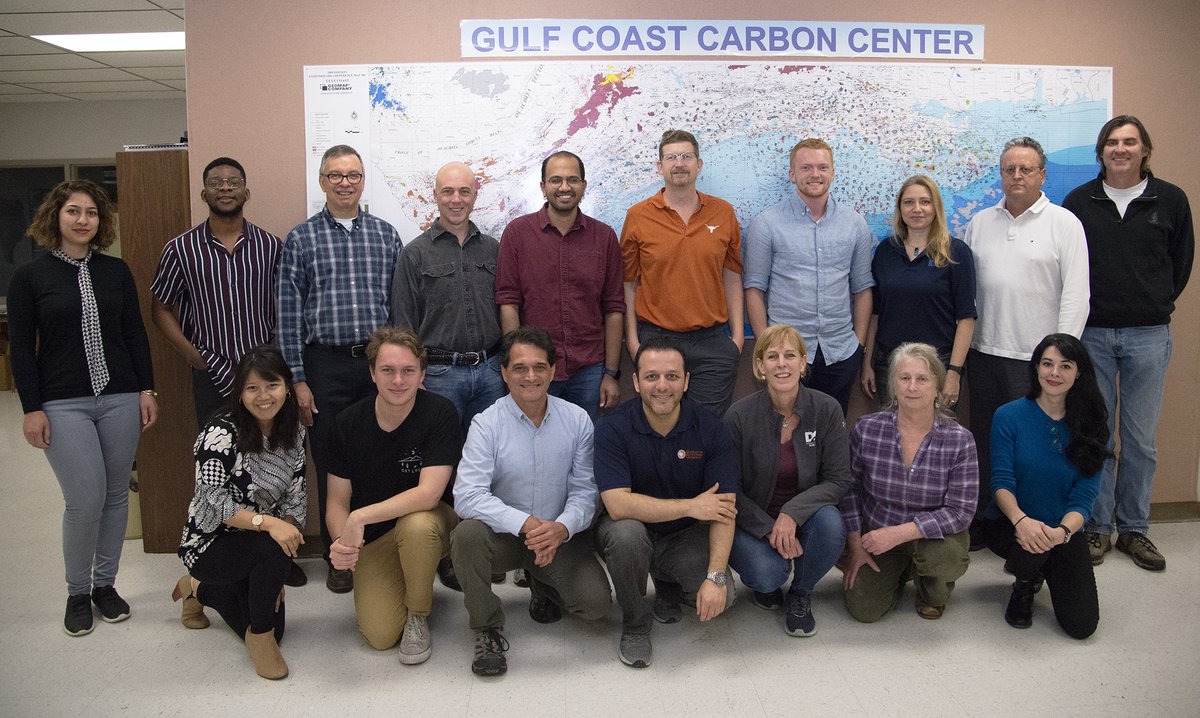
It was very difficult to transition back into my profession. References were no longer found in a library; they were found online! Geochemical modeling was no longer done on an Excel spreadsheet, there were programs for this! 16/20
Within a year I found myself traveling the world and giving talks at the United Nations. What a transition! 17/20 
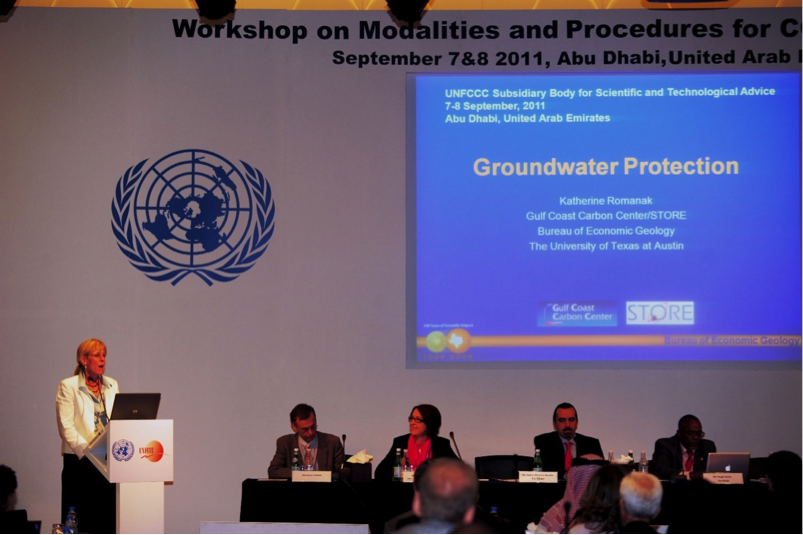
I frequently contribute to panels and workshops to educate people about CCS because public awareness of CCS is very low. It is very important for laymen, policymakers, regulators, and other government officials to understand this technology so that they can support it. 18/20 
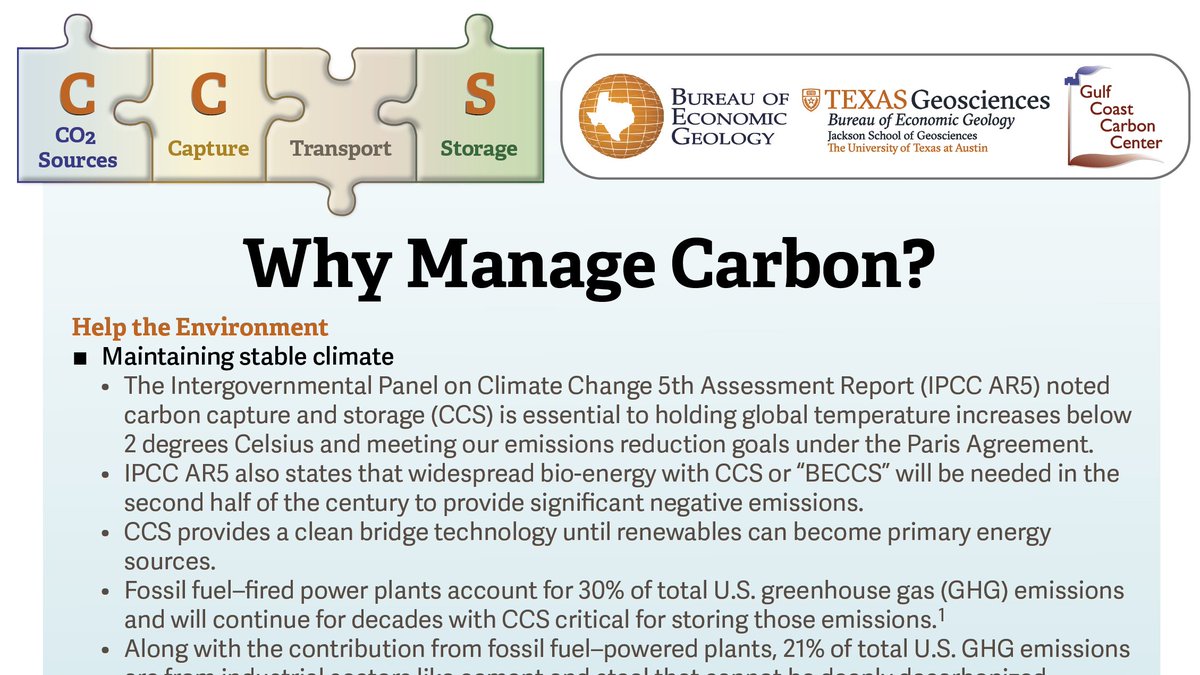
My advice to young women is to follow your dreams and have faith in the path that life takes you. It is not always according to your plan, but it is always for the best outcome. 19/20 
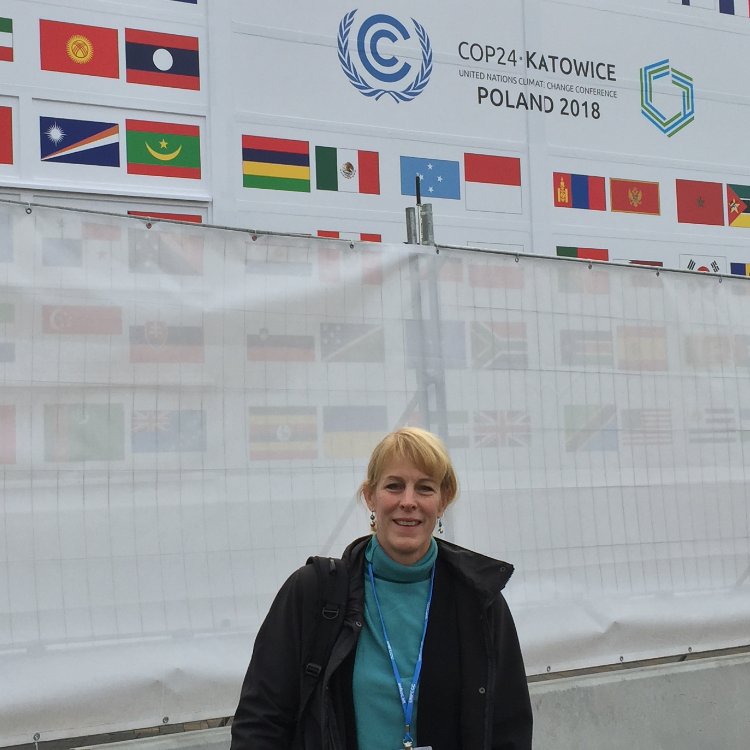
I am so grateful to be where I am now, and I never could have imagined this life. Many women are concerned about how to juggle a profession and a family. It can be done, and there are as many solutions as there are families. 20/20 
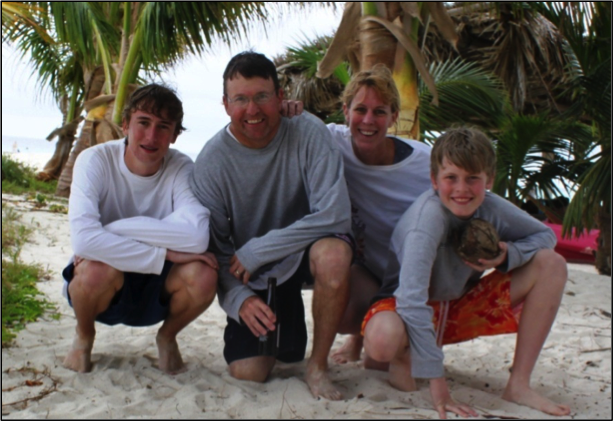
@threadreaderapp unroll
• • •
Missing some Tweet in this thread? You can try to
force a refresh


